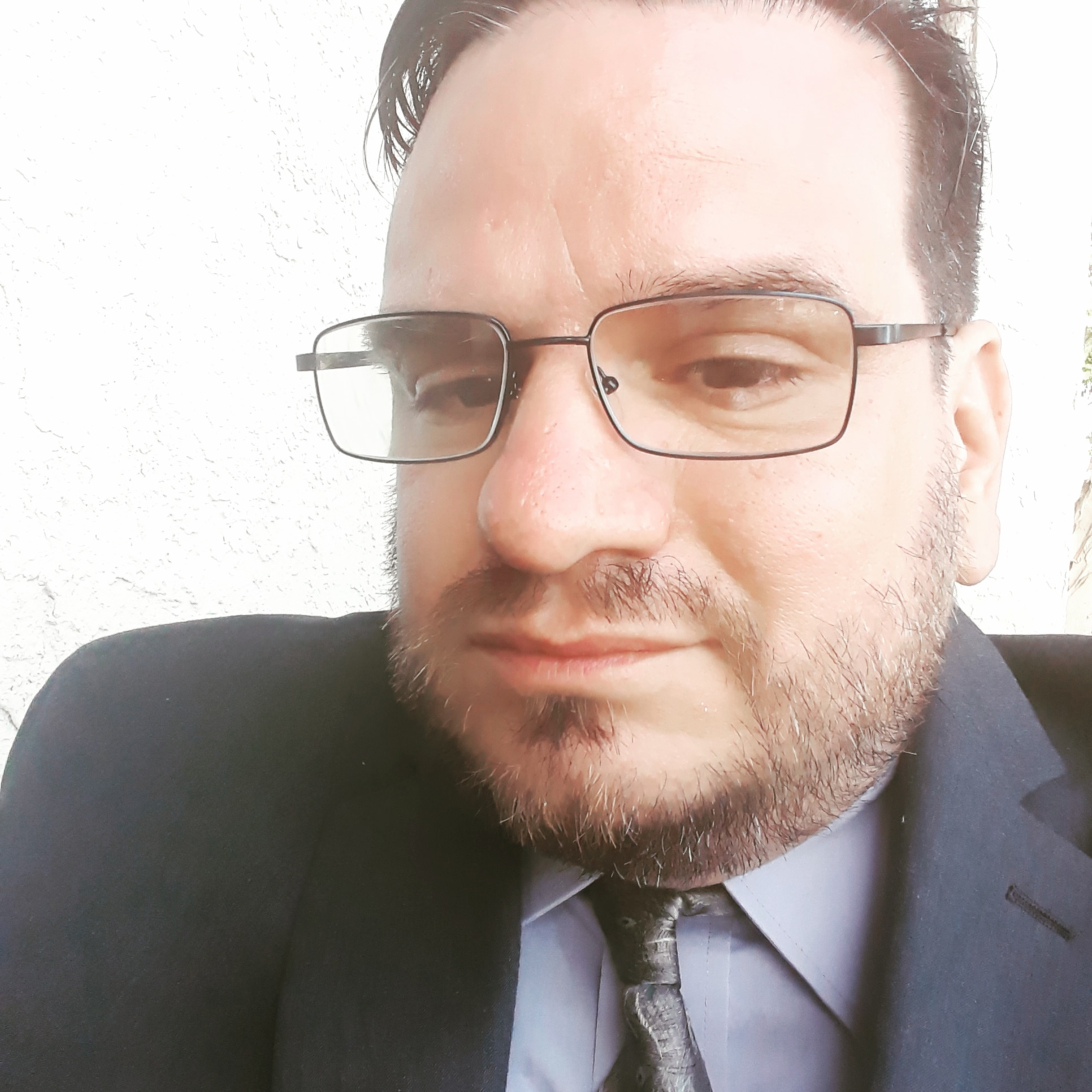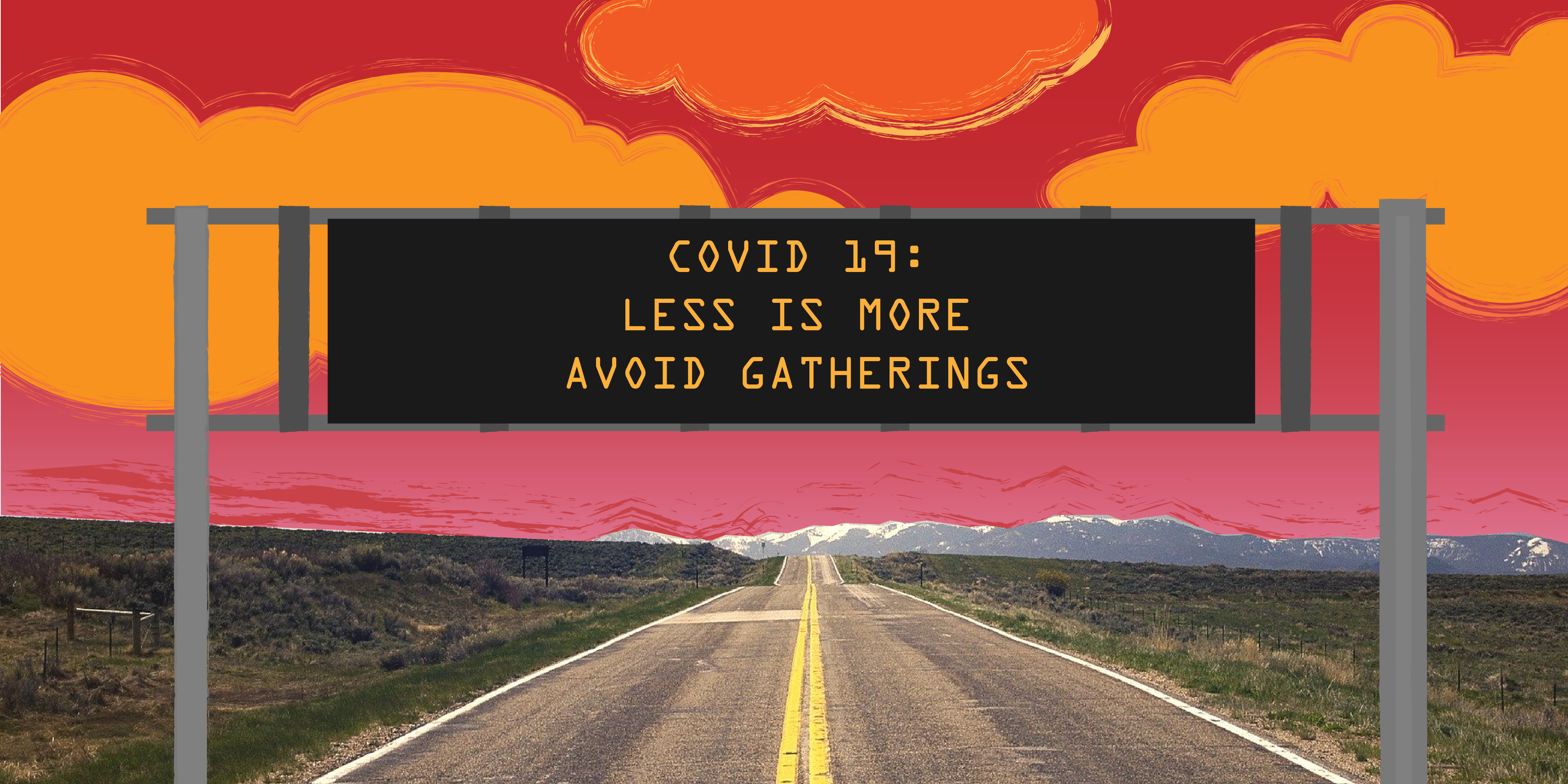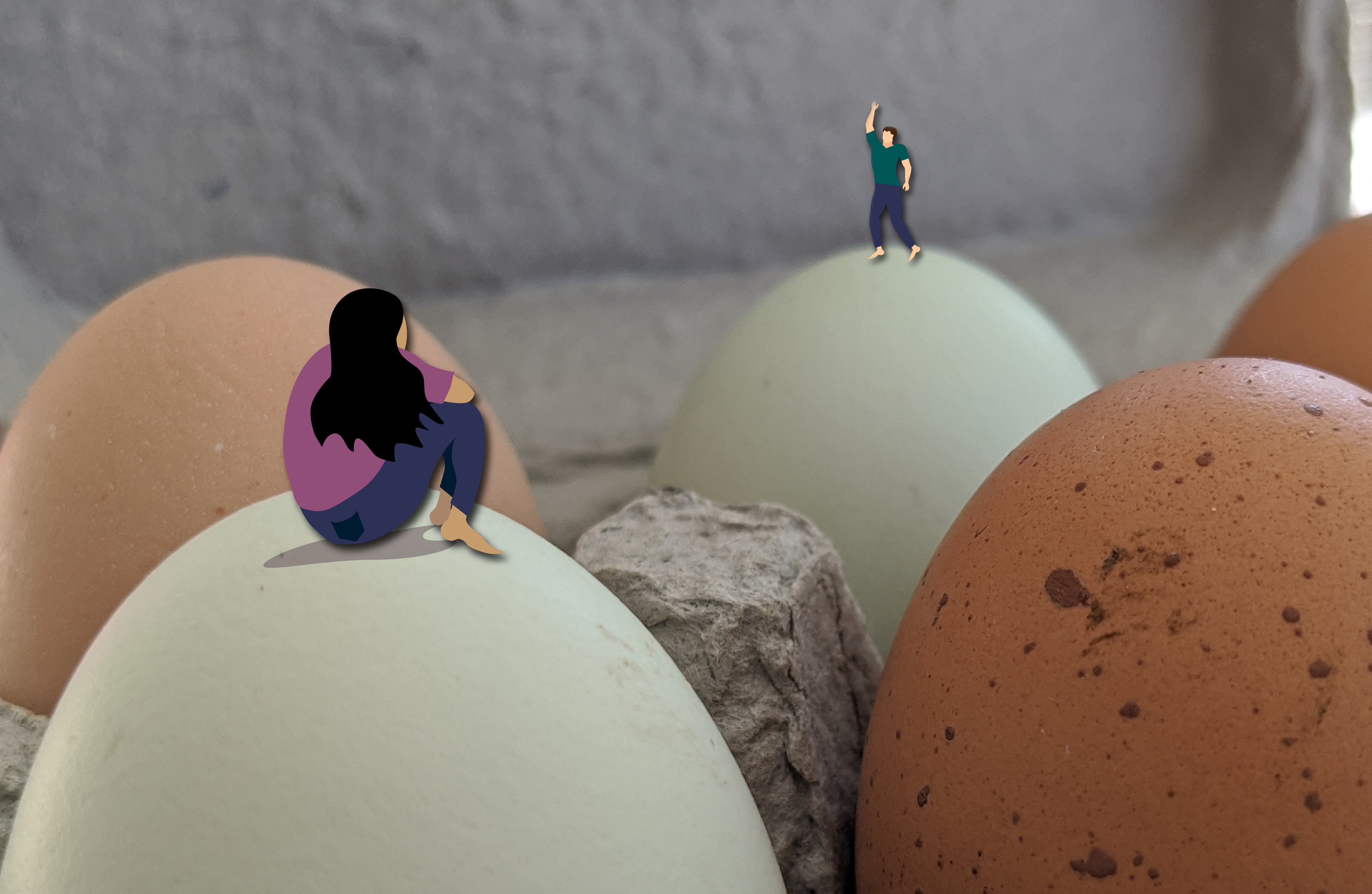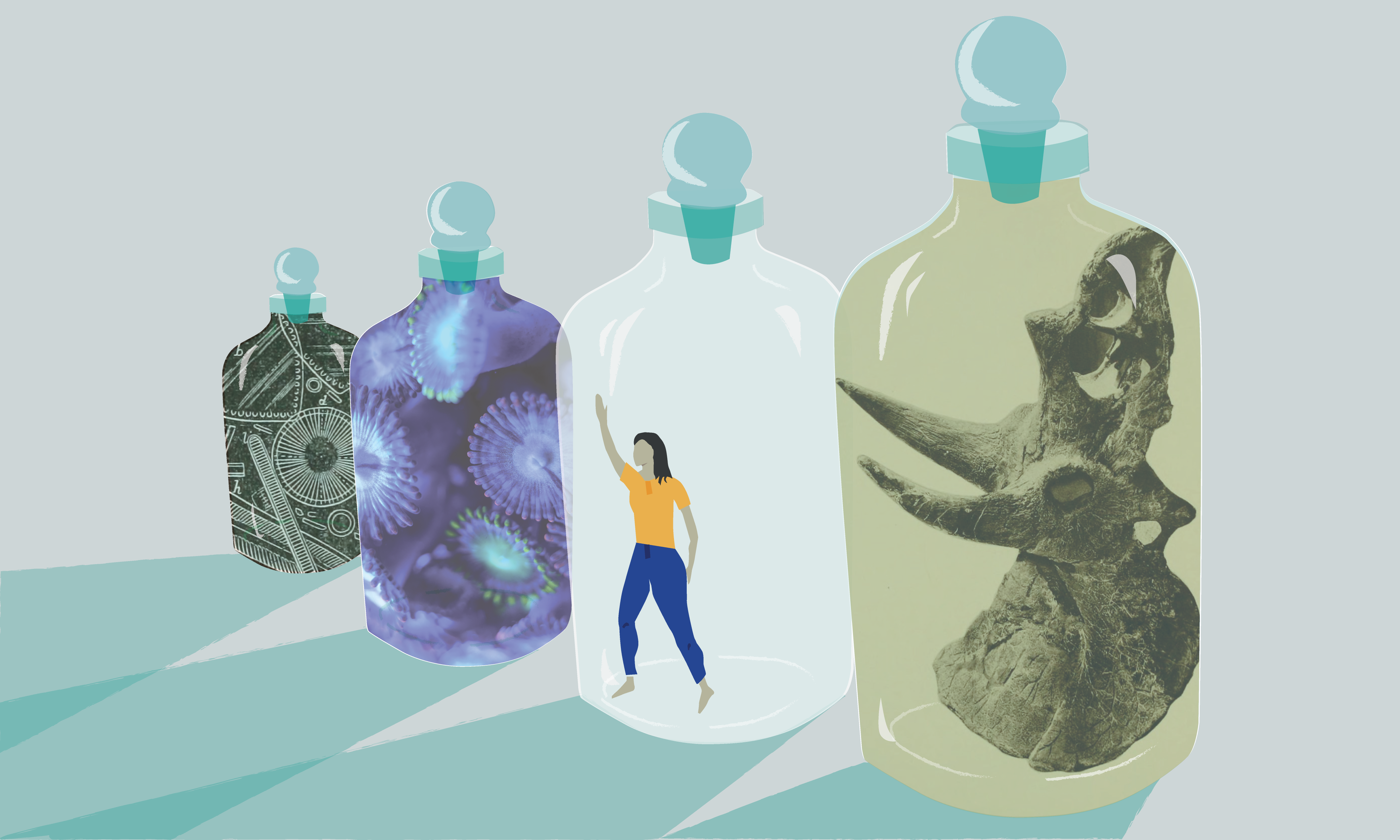
Passing Equals Death | By Daniel Miess
When I was a teenager, I used to look at the personal’s section in the newspaper. I guess that I was somewhat of a voyeur. Some people looked for love. Others looked for sex. Some looked for both.
Most of the ads in the Daily Record, the newspaper in Northern Jersey where I grew up, said “SWM looks for SWF” or “SWF looks for SWM.” Some ads were more inclusive, and racial identity wasn’t an issue. Other ads were M4M or F4F. Now and then an ad with the word “passing” would show up in the middle of these lists. These days, this language would seem either archaic or offensive. The ad would say something like “Transsexual Woman, Passing, Looking for Single Male” or “SWM looking for beautiful, passing, transsexual woman.” What passing meant is that somehow a person could “fake” being cisgender.
There are many reasons why passing is problematic. The word suggests that part of our being, our identity, who we are can be erased. Of course, it’s normal to want to fit in. But, fitting in isn’t always a good thing. We lose something when we are passing. We conform because we are afraid. Passing is the negation of identity, the negation of self, the negation of history, the negation of critical thought. By sticking out, by being unique, we take a stand against oppression and find the freedom that comes from living out our identity.
My mother’s, parents emigrated to this country from Italy during the early 20th century. Like many other children of Italian immigrants, her mother didn’t teach her Italian. My mother was told by her mother that she wanted her to be “an American.” My grandmother was afraid that if her daughter was bilingual, that somehow my mother would be bullied. Americanness equaled the English language. My grandmother’s, native Sicilian dialect seasoned with Arabic, Greek, French, Spanish, and Catalan words was not handed down to the next generation, perhaps, to evolve on new soil, growing on United States soil. In effect, her family wanted my mother to pass as “American.” I understand why my grandmother felt this was necessary, however, the loss of language is really a tragedy. With the loss of language came the loss of a culture. Something that made us who we are, that was a birthright of our ancestors who were born in a place that they loved, has been severed from our mouths.
The problem with the United States is that we are fed the idea that identity is a bad thing, that culture, color, and language have to be set aside so as to become whatever an “American” is supposed to be, when the word “American” literally encompasses everyone from Greenland to Tierra Del Fuego. It’s time that we recognize that our “Americanness” is artificial. Even the histories in our textbooks are a mixture of truth and fiction. We are taught to buy into mythologies in order to be American. We venerate our Presidents when many of these men were far from perfect. We often ignore the fact that slavery and genocide built this country.
“Passing” never leads to peace. During the 80s and 90s the slogan “Silence equals death,” was used by AIDS activists. Our political leaders had to confront the fact that our LGBTQ population the fact that their ignorance and prejudice were literally killing people, especially those from marginalized populations. When people, especially gay men, put their lives on the line those who were in authority had to take notice.
When people are “Passing,” the status quo never realizes that they exist. Instead, people become invisible. “Passing” is a form of slavery that binds our minds and souls with invisible chains. It submits to oppression because it has given up trying, given up marching in the streets for change. Instead, it merely walks mindlessly accepting that the world will destroy itself. The way to free one’s self is not with conformity, but the truth. Our truth, that truth that makes us who we are, will set us free.
It’s hard to define “Americanness.” If we are honest with ourselves there isn’t one American identity. There are over 500 Native nations within our boundaries. There are regional identities in this country too. Often people from Boston, New York, San Francisco, Los Angeles, Honolulu, Nashville, and Miami differ drastically from one another culturally, not only because of where they live, but the immigrant communities that have flavored their regional identities. There are many speakers of indigenous languages in this country like Navajo / Dine, Inupiaq and Native Hawaiian. Also, descendants of settlers and immigrants have brought Spanish, French, Mandarin, Tagalog, and various Italian dialects to these shores. At times the lines between identities blend, creating new colors. That ability to create something new is uniquely American.
It’s time that we live out the motto “E Pluribus Unum,” “Out of Many, One.” America is a multiplicity of Americas bound together by history and histories, bound by a common fate. We are at war with ourselves because many of us are afraid of the diversity that is the cornerstone of American culture. If we defend that multiplicity, we defend ourselves and preserve our heritage for many years to come. We are a quilt of various pieces. The way these pieces are mended together means preserving both our diversity, and the thread that binds us together. This is accomplished not by passing, but by being our, unique selves.
 Daniel Miess is a graduate student at Chapman University, pursuing a Master of Arts in English and a Master of Fine Arts in Creative Writing. He graduated Summa Cum Laude from New England College in May 2016. His work has been published in the Adelaide Literary Magazine, the Henniker Review, the Harbinger Asylum, and Mud Chronicles: A New England Anthology. He recently moved to Orange, California. He grew up in New Jersey, and has lived in Long Beach, California; Jay and Auburn in Maine; as well as Lebanon and Concord in New Hampshire. He lives with his husband of six years, Kelly.
Daniel Miess is a graduate student at Chapman University, pursuing a Master of Arts in English and a Master of Fine Arts in Creative Writing. He graduated Summa Cum Laude from New England College in May 2016. His work has been published in the Adelaide Literary Magazine, the Henniker Review, the Harbinger Asylum, and Mud Chronicles: A New England Anthology. He recently moved to Orange, California. He grew up in New Jersey, and has lived in Long Beach, California; Jay and Auburn in Maine; as well as Lebanon and Concord in New Hampshire. He lives with his husband of six years, Kelly.
Featured Image: “Individuality” provided by Loozrboy is licensed under CC BY-SA 2.0





